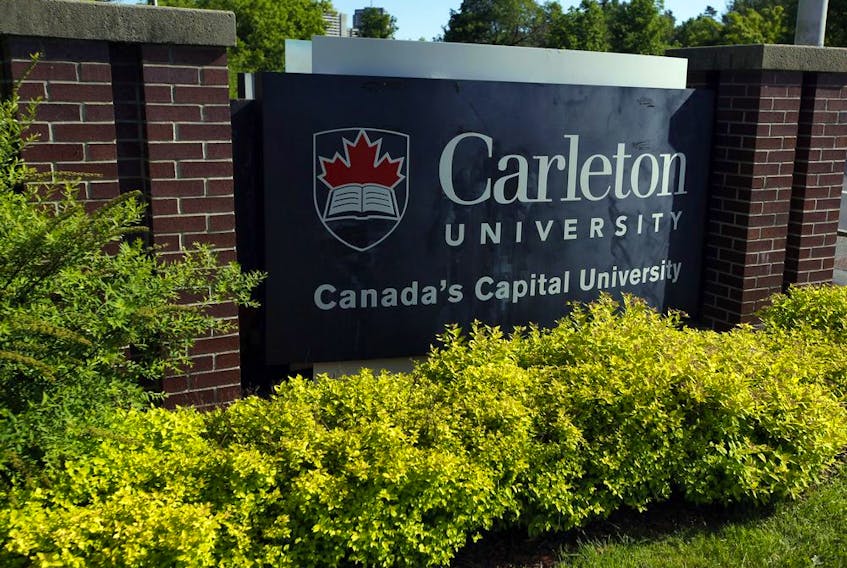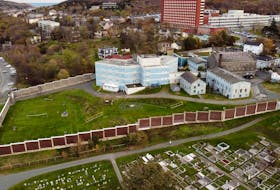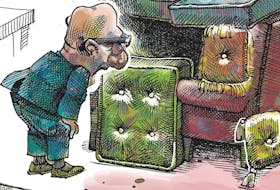Journalism, and journalism schools, have a problem with racism.
Arvin Joaquin, of Carleton University’s master of journalism program, graduated in 2018 and published a radio piece on the lack of diversity in j-schools. Just weeks ago, Atong Ater, another grad student, wrote for CBC about racism she faced as a black student in the program.
In the classroom, students are facing racism and microaggressions that impact their lives and studies, be it while pitching a story about a racialized community, or being tokenized amongst their peers. This not only affects training grounds for the industry, but also the quality and content of journalism we see in national publications.
Sunny Dhillon of the Globe and Mail wrote about leaving the paper last fall in his piece, Journalism While Brown and When to Walk Away. Dhillon was assigned a story about the aftermath of the Vancouver municipal election — nine white bodies out of 10 were elected to represent a city where Asians represent 45 per cent of the population. He left when he was told to focus on the eight white women elected instead.
Journalism is touted as uncovering the truth and giving a voice to those unheard. But those within the very institution say they feel stifled.
When journalism and journalism schools ignore the existence of racism, we get untold stories, bias and inaccurate information. Leaving racism unchallenged, wrote journalist Andray Domise for Maclean’s , is allowing the political climate of white nationalism to flourish.
From a glance at Carleton’s School of Journalism website , about seven of its 60 staff are visibly people of colour. But instructors carrying heavy seniority and leading major courses continue to be older white men.
Racism is in post-secondary institutions where education is even greater of a privilege — it was only recently that Carleton journalism student Temur Durrani wrote about black students on campus experiencing racial profiling .
The bylines of the Ottawa Citizen itself are mainly of white journalists, meaning stories in the city are still being shared from similar perspectives.
What stories are going unheard? Under the editor-in-chief leadership of a woman of colour at University of Ottawa’s student paper, The Fulcrum, journalists unearthed pieces about accessing mental health care as a racialized person , as well as an initiative offering courses on Punjabi and the Sikh diaspora.
The school of journalism is a microcosm of a larger issue that Carleton University, newsrooms and society needs to address as a whole. In the meantime? Create a task force. Hire an equity officer. Initiate ongoing anti-racism training for all instructors and journalists. Do more so that your racialized students, staff and sources aren’t left behind.
Amy Yee is a graduate of Carleton University’s journalism program. She chairs the board of directors with the Chinese Canadian Collective in Ottawa.
Copyright Postmedia Network Inc., 2019









